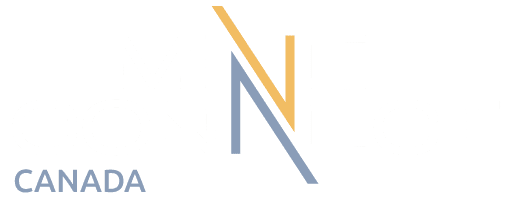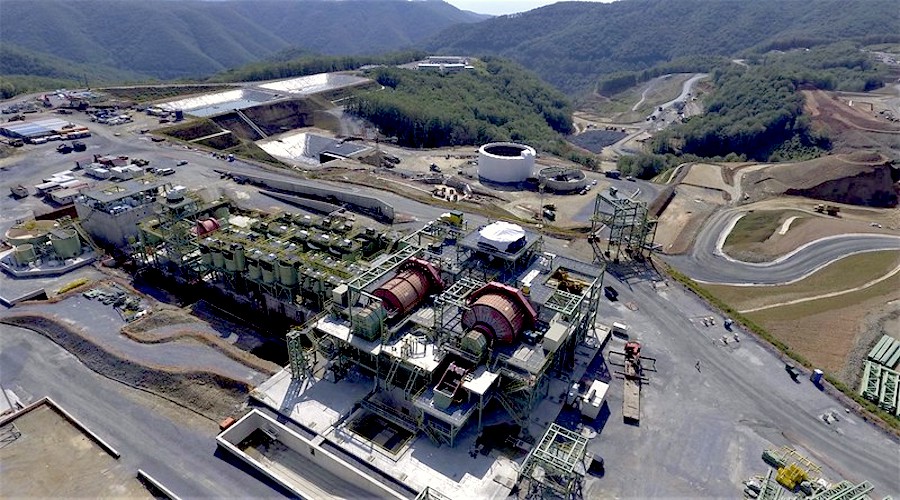Canada’s Eldorado Gold (TSX: ELD) (NYSE: EGO) is aiming to resume construction at its Skouries gold-copper mine in northern Greece in the second half of the year, as it continues to work on a financing package.
Progress at the project, halted since 2017, was in the past hindered by both government delays in issuing permits and community opposition over the possible environmental impacts of gold mining in a densely forested area.
Greece and Eldorado, the country’s biggest foreign investor, inked a new investment contract in early 2021 that allows the company to move forward with Skouries.
The agreement provided enhanced fiscal revenues, environmental benefits, and support for local communities in the form of job creation and local projects.
It also paved the way for the reception of the miner’s long-awaited permit for the use of dry stack tailings disposal at Skouries.
Eldorado has since focused on resuming construction at the mine, which has reserves of 3.7 million ounces of gold and 1.7 billion pounds of copper.
The company also completed a new feasibility study for the project, which calls for an open pit and underground mining operation with average production of 140,000 ounces of gold and 67 million pounds of copper a year over a 20-year mine life.
Capital costs are pegged at $845 million, 23% higher than the $689.2 million previously announced in a 2018 prefeasibility study, due mainly to increased input prices and scope changes related to water management.
Challenging first quarter
Delivering first quarter results after markets closed on Thursday, Eldorado president and chief executive George Burns said the company was evaluating all available financing options for Skouries.
The options include a joint venture equity partners, project and debt financing through EU and Greek lenders, as well as the EU Recovery and Resilience Fund and metal streams, Burns said.
As flagged earlier this month, Eldorado’s production in the first three months of the year was hit by a combination of covid-19 absenteeism, weather-related headwinds and power outages at its operations.
The company produced 93,209 ounces of gold at an all-in sustaining cost (AISC) of $1,347 per ounce, compared to 111,742 ounces at $986 per ounce the previous quarter.
“We expect further development at the company’s Greek assets to be a key catalyst for the stock and see significant upside potential for the company’s five-year production outlook,” BMO Precious Metals Analyst, Brian Quast, wrote in a note to investors.
Despite the challenges faced in Q1, the Vancouver-based miner kept its 2022 production guidance of 460,000 to 490 000 ounces of gold unchanged.




